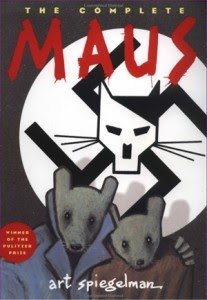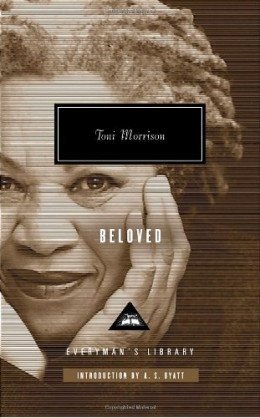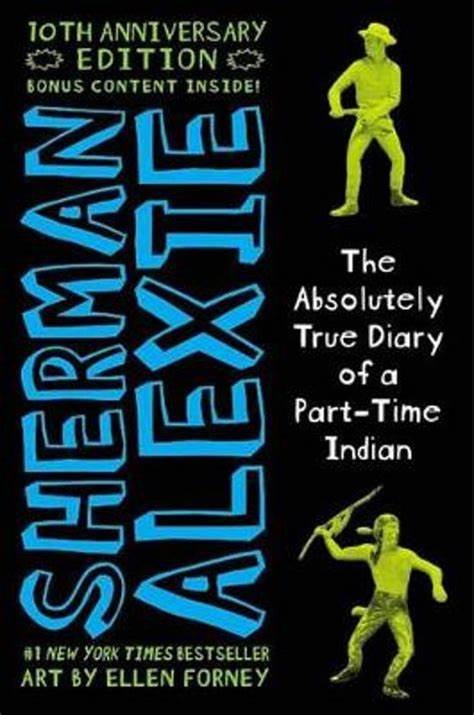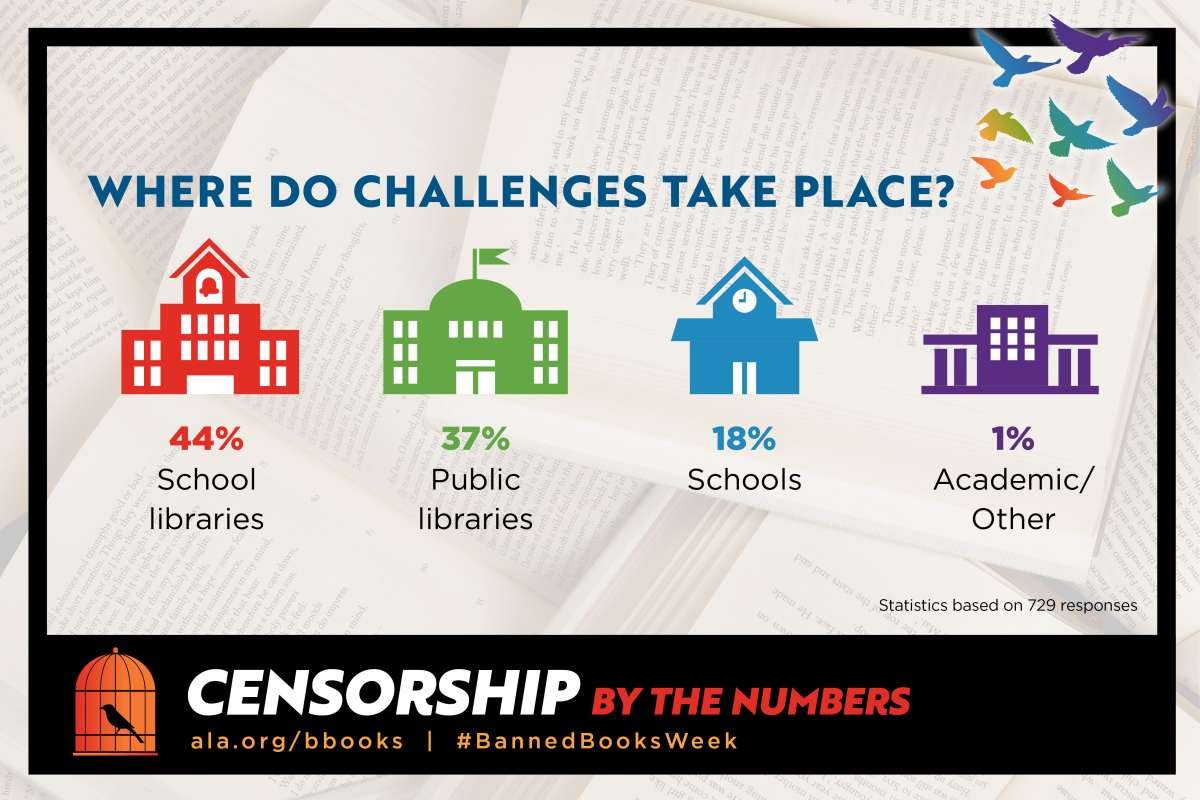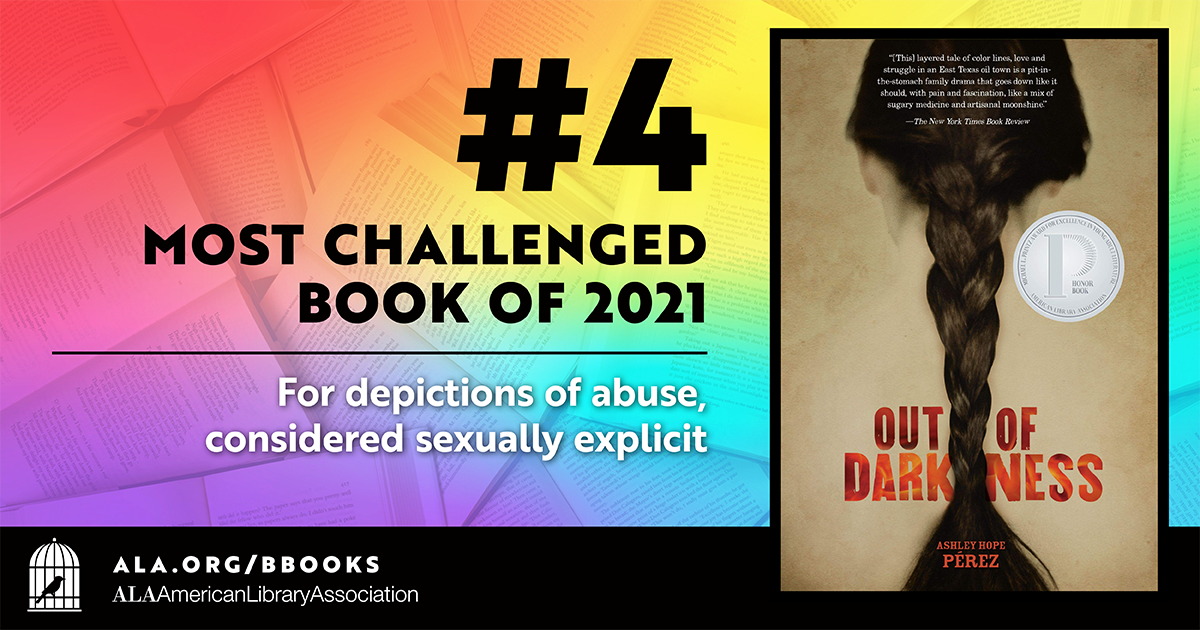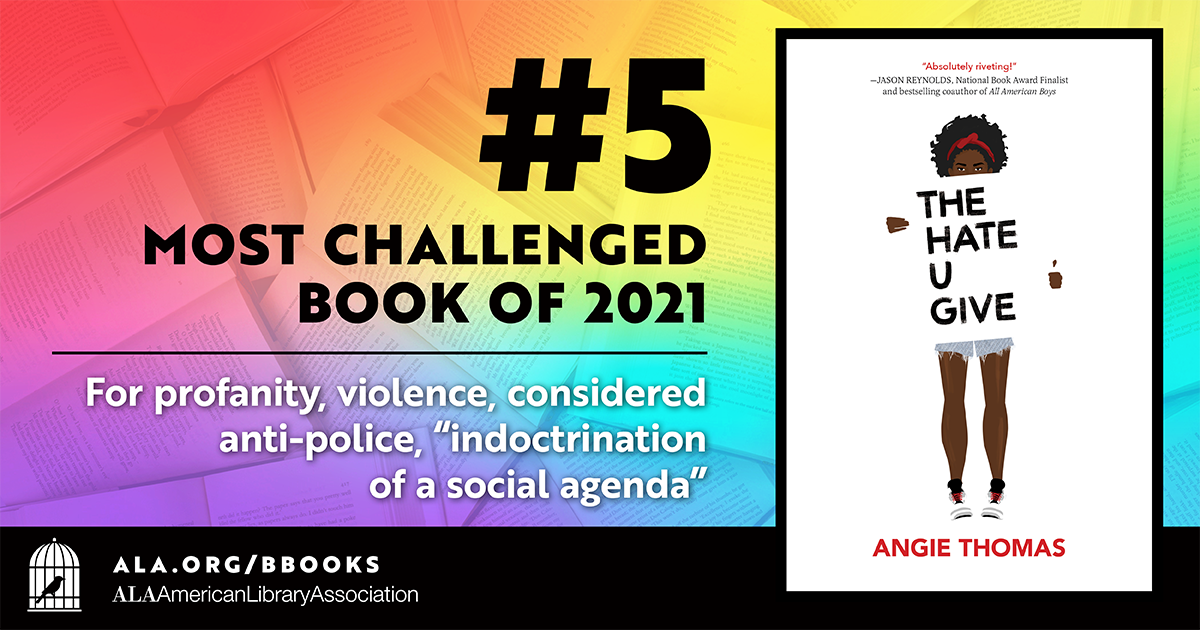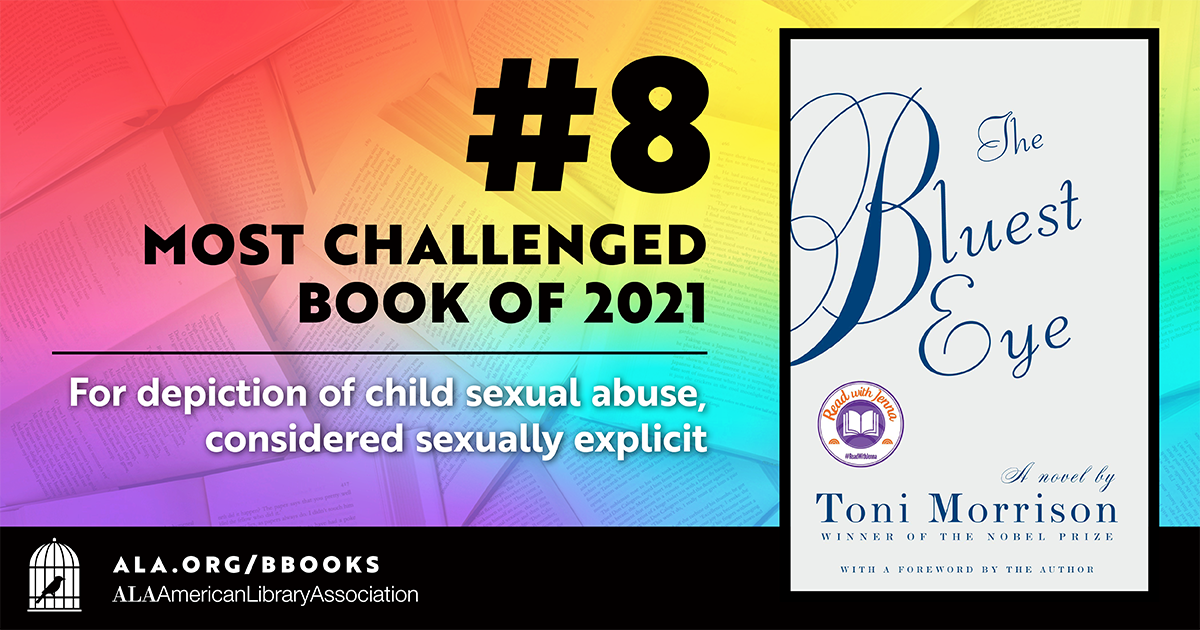Banned Books
How Censorship Negatively Affects Marginalized Communities
PEN America, one of the largest organizations standing for free expression in the United States, lists on its website that:
1,648 titles,
by 1,261 different authors,
290 illustrators
and 18 translators,
were banned or challenged (in the process of being vetted and possibly removed from shelves) between July 2021 to June 2022, “impacting the literary, scholarly, and creative work of 1,553 people altogether.”
Texas leads the fifty states with over 700 books removed from shelves for reasons ranging from graphic violence to obscene language to critical race theory.
The majority of the books that are currently being vetted or are already banned address subjects such as slavery, transgender protagonists, and systemic racism in the United States. With many books addressing topics that directly relate to Latino, Black, Native American, and other marginalized communities, censorship affects these communities even worse, further excluding them from our society.
Books such as Sherman Alexi’s The Absolutely True Diary of a Part-Time Indian, Toni Morrison’s Beloved, and Art Spiegelman’s Maus, banned in a number of states, including parts of Texas, give voice to underheard groups, such as those living on reservations, illustrate the psychological horrors of slavery, and emphasize the brutality of the Holocaust. Yet, all three books are banned from reasons ranging from crude language to depictions of graphic violence.
Lawmakers are quick to point out everything they find distasteful and unagreeable, forgetting they are representatives of their community, not of a single religious or personal belief. Furthermore, many times, whether the complaint comes from a parent or lawmaker, the book in question has not even been read.
Books that address racism or other crucial issues are often objected to because of sensitive scenes that may include violent content, yet, these accounts are not mere fiction. For many authors, such as Margaret Atwood and her bestselling dystopian horror The Handmaid’s Tale, these depictions are taken straight from historical examples.
The acts that many lawmakers and parents are quick to object to are not constructions of a writer’s mind, but rather real events that affected real people.
If a book is found offensive because of its historical content, then it should serve as a wake-up call, a dire warning to “never forget,” and a refusal to let it happen again. Instead, these voices and these tragedies are being quieted.
A parent has every right to dictate what their child can or cannot read, however, they do not have the right to make that choice for all children. Books should be made accessible to students based on what is age and grade appropriate, not based upon political, religious, or other personal views.
The First Amendment (yes, the one that comes prior to the Second Amendment) in the Constitution of the United States declares that:
“Congress shall make no law…abridging the freedom of speech, or of the press…”
Yet, this very right to read and think freely is under threat in one of the world’s largest democracies. If the United States cannot stand for its own people’s rights, then it cannot claim itself to stand as a defender of democracy elsewhere.
Banning books that address topics directly affecting Latino, Black, and other marginalized communities takes away from those children’s right to intellectual freedom and equal education.
“If you only read the books that everyone else is reading, you can only think what everyone else is thinking.”

